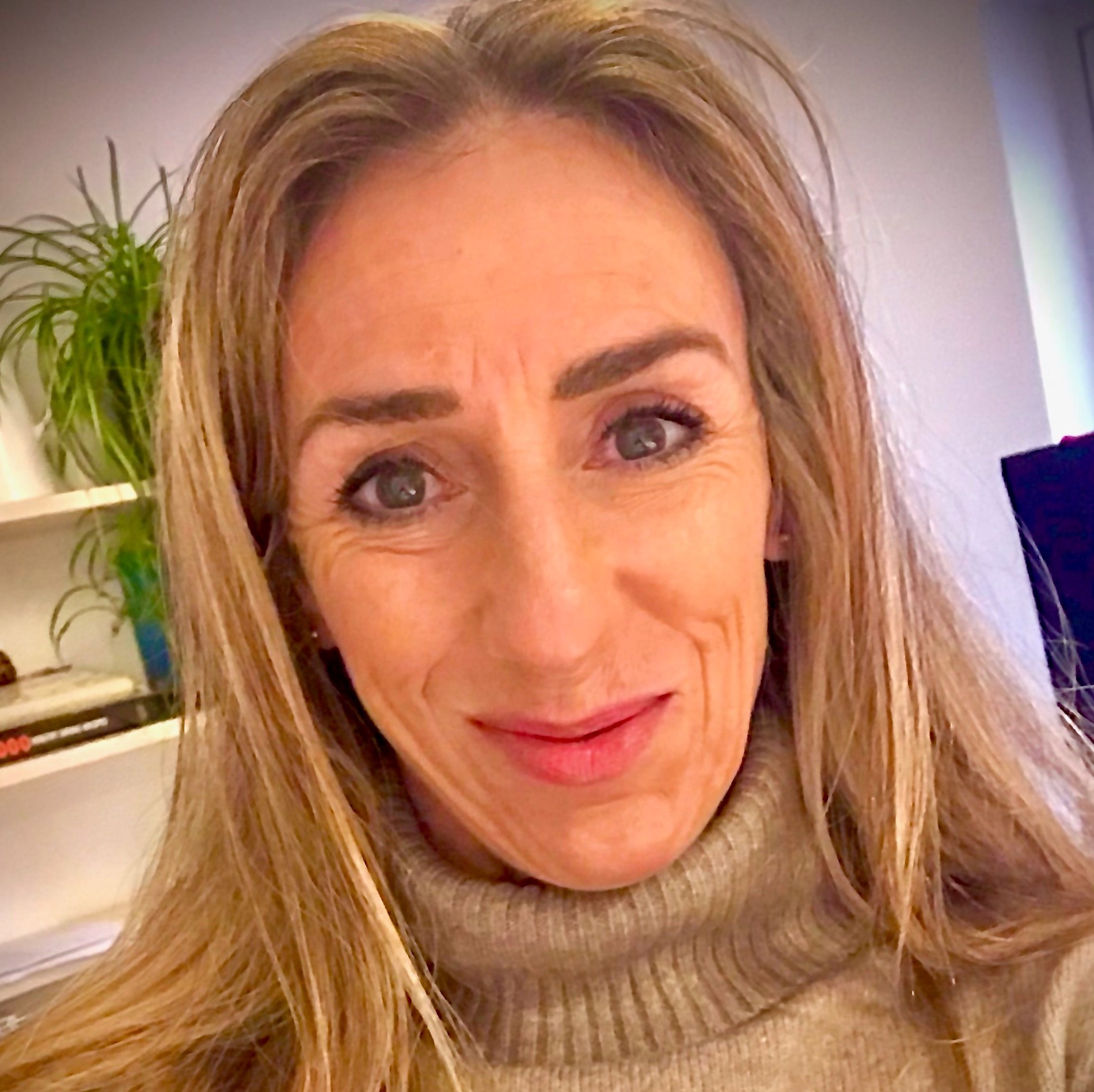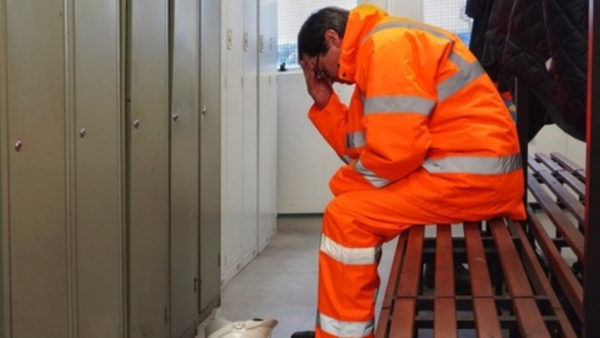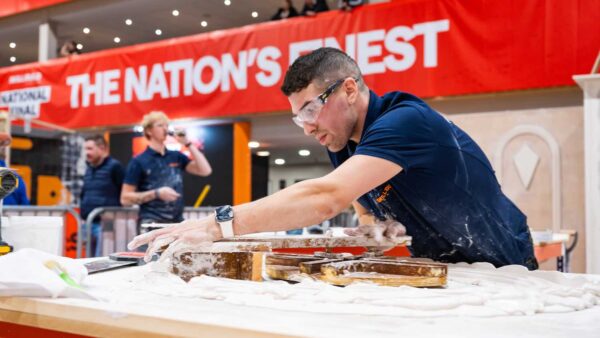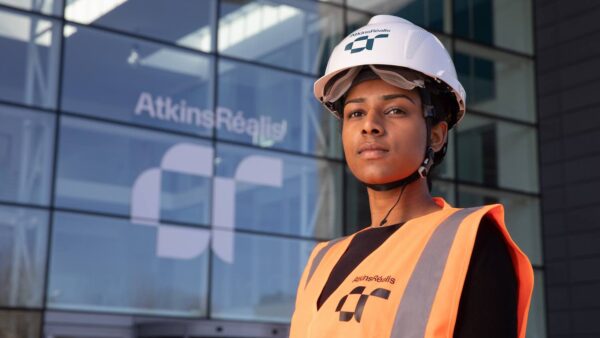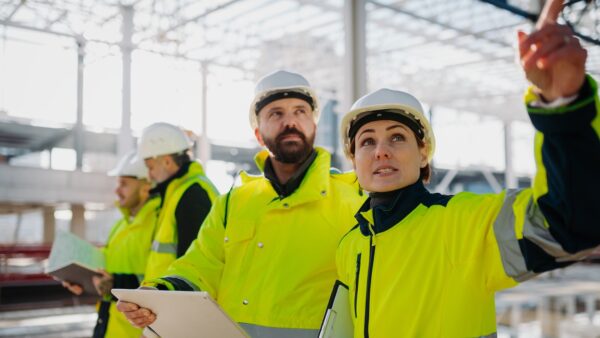Dylan Harvey FCIOB, director at steelwork specialist CMF, tells Nicky Roger about the value of education and giving your time to influence change.
Is there a specific project or achievement you are most proud of?
I’m proud of a number of projects with a common theme running through them all: challenge, complexity and problem solving.
It’s what made me passionate about construction early on in my career and what makes me approach each new project with excitement now.
It’s these challenging projects I’ll never forget. Projects such as: the Olympic Stadium and Velodrome; Heathrow T5 and T2; many parts of Crossrail, especially Liverpool Street station; London Bridge Station, which was Thameslink; Battersea Power Station over multiple phases and years; and more recent projects such as the Whiteleys redevelopment.
I’m very proud of my master’s – getting the place as well as completing it, with no bachelor’s degree. I’m proud too of my CEng, secured without an engineering degree. Also recently I’ve attained CEnv through CIOB and the Society for the Environment (SocEnv).
Is there anything in your career you would do differently now?
I’d have gone through higher education and become professionally registered sooner. It’s important to engage with the wider construction community and recognise your/our contribution to it, but also to be part of the change for the better you want to see.
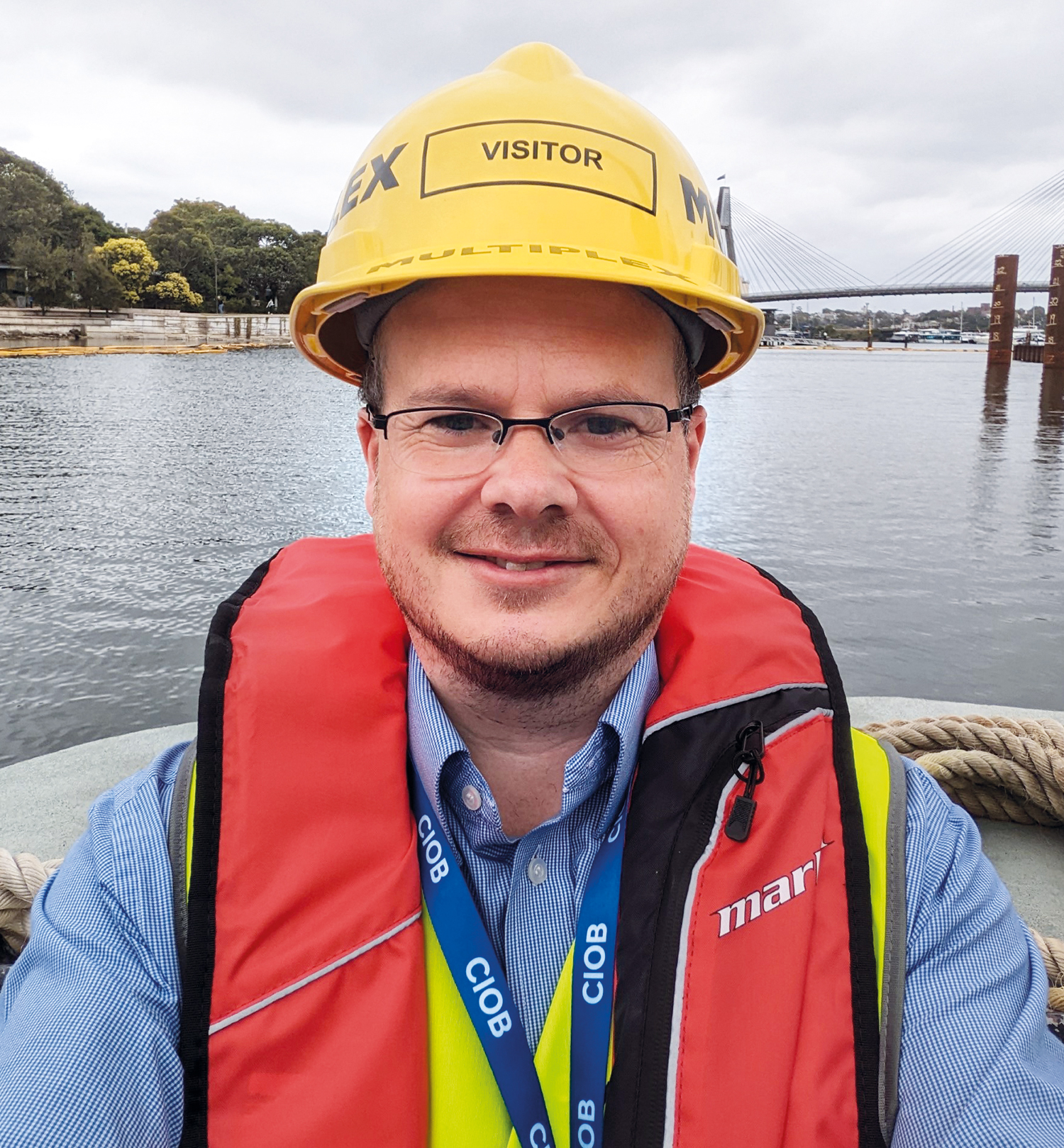
Especially from a specialist contractor background, there is a propensity to focus only on your specialism and lose sight of what is happening in the wider construction industry. Specialist contractors and subcontractors are the backbone of construction, bringing all the skill needed to deliver complex designs.
What advice would you give to someone starting in construction today?
To make sure they get any experience at all on their CV while still studying – by working as site labour over holidays or other entry-level roles. It will give them an understanding of the industry and an edge on their CV.
What one thing would you change to make careers in construction more appealing?
It’s critical that we make construction careers more visible to those at school age. There are so many opportunities in construction, with a huge amount of diverse roles, but little of this is perceived by students.
What has changed the most about construction since you’ve been working in it?
Digital technologies have brought much change in construction but, at the same time, much of construction is completely unchanged in the past 50 years. There are a number of entrenched mechanisms that feed this stagnation that will take another 50 years to change themselves.
Only truly transformational change – such as digital improvement – has a chance to make any impact and contribute to lasting change.
Dylan Harvey CV
2019 to present – Associate director, design and innovation, CMF
2018-19 – Head of design projects (consultant), Trueform Group
2015-18 – Regional head of design, Lakesmere Group
2014-15 – Design, project and engineering manager, Trueform Group
2009-14 Project and design manager, Lee Warren
2001-09 Senior designer/designer, Graham Wood Structural & Architectural
However, this is why it’s important to be a small part of influencing the improvements in construction. There are many ways to do this but being involved in professional bodies such as CIOB and others is a good starting point.
I spoke at Digital Construction Week last year about how the evolution in technology has made it far easier to donate our time and help others. Last December, I was in Australia courtesy of CIOB for the international forum. I also volunteer with the Institution of Engineering and Technology (IET), and last year was a judge for its kids STEM programme, Lego League. It made use of my construction skills but was all great fun to be part of.
Giving time like that makes it possible to influence change. It’s great to be given a chance to make use of many different opportunities.
What’s the most valuable training you’ve received and why?
I did an HNC early in my career but only latterly went back and did a master’s and thereafter sought various professional registrations.
Doing my master’s was a real challenge: it was very difficult to prove experience in lieu of a bachelor’s degree to even get accepted – and, once on it, it was hard to get through it with family life and work challenges.
Halfway through my course, the company I was working for went into administration, while working on Crossrail Liverpool Street. Via a phoenix company we went on to recover the programme loss, solve the myriad complexities of the project and generally have a resounding success. And I completed my master’s with a merit.
I used this experience as part of my direct entry to FCIOB application and received very positive feedback. However, having done my master’s, I do wish I’d done it sooner.
Do you have a motto that applies to your work and, if so, what is it?
Add value in everything you do, in every choice you make. It’s taken from ‘Lean’ – many other industries have lessons to teach construction.


